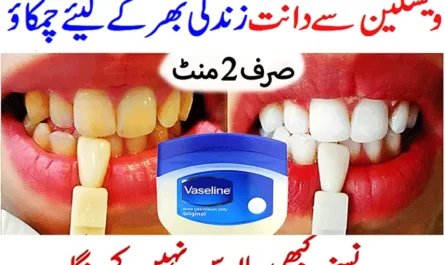Skin allergy eczema, commonly referred to as eczema, is a chronic inflammatory condition that affects millions of people worldwide. In this comprehensive guide, we’ll delve into the causes, symptoms, and effective treatment options for eczema, empowering you to manage and alleviate its symptoms for healthier, happier skin.
Understanding Eczema
What is Eczema?

Eczema is a skin condition characterized by inflammation, itching, and redness. It can manifest in various forms, including atopic dermatitis, contact dermatitis, and dyshidrotic eczema, each with its own set of triggers and symptoms.
The Impact of Eczema
Living with eczema can be challenging, both physically and emotionally. It often leads to discomfort, self-consciousness, and a decreased quality of life if left untreated.
Common Causes of Eczema
Genetic Factors
Genetics plays a significant role in the development of eczema. Individuals with a family history of eczema, asthma, or hay fever are more likely to develop the condition.
Environmental Triggers
Environmental factors such as allergens, irritants, and climate can trigger eczema flare-ups. Common triggers include pollen, dust mites, pet dander, harsh soaps, and extreme temperatures.
Symptoms of Eczema
Itchy, Inflamed Skin
The hallmark symptom of eczema is intense itching, accompanied by redness and inflammation. Affected areas may appear dry, scaly, or thickened over time.
Rash or Blisters
Eczema rashes can vary in appearance, ranging from red patches to small, fluid-filled blisters. These rashes may ooze or crust over, particularly during flare-ups.
Effective Treatment Options for Eczema
Lifestyle Modifications
Making simple lifestyle changes can help manage eczema symptoms and reduce flare-ups. These may include:
- Moisturizing: Keeping the skin well-hydrated with emollient-rich creams and ointments can help prevent dryness and itching.
- Avoiding Triggers: Identifying and avoiding triggers such as harsh detergents, fragrances, and certain foods can help minimize flare-ups.
- Gentle Skincare: Using gentle, fragrance-free skincare products and avoiding hot showers can help protect the skin’s natural barrier.
Medical Interventions
In more severe cases of eczema, medical interventions may be necessary to control symptoms and prevent complications. These may include:
- Topical Steroids: Prescription-strength topical corticosteroids can help reduce inflammation and itching associated with eczema.
- Immunosuppressants: Oral or injectable immunosuppressant medications may be prescribed for severe, persistent eczema that does not respond to other treatments.
- Phototherapy: Light therapy, or phototherapy, involves exposing the skin to controlled amounts of natural or artificial light to reduce inflammation and itching.
Holistic Approaches to Managing Eczema
Stress Management Techniques
Stress can exacerbate eczema symptoms, so practicing stress management techniques such as meditation, yoga, and deep breathing exercises can help promote relaxation and reduce flare-ups.
Dietary Modifications
Certain foods may trigger eczema flare-ups in some individuals. Experimenting with an elimination diet under the guidance of a healthcare professional can help identify and avoid potential triggers.
Conclusion
While eczema can be a challenging condition to manage, with the right approach, it is possible to alleviate symptoms and improve quality of life. By incorporating lifestyle modifications, skincare routines, and medical interventions into your eczema management plan, you can achieve healthier, happier skin.





